Entry Category: Cities and Towns - Starting with B
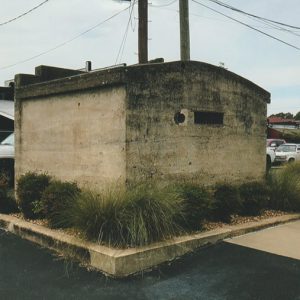 Beebe Jail
Beebe Jail
 Beebe Jail
Beebe Jail
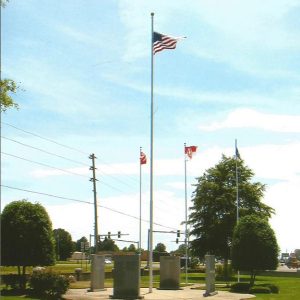 Beebe Memorial
Beebe Memorial
Beedeville (Jackson County)
Beirne (Clark County)
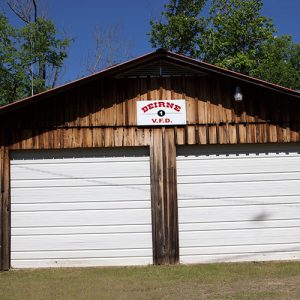 Beirne Fire Department
Beirne Fire Department
Belfast (Grant County)
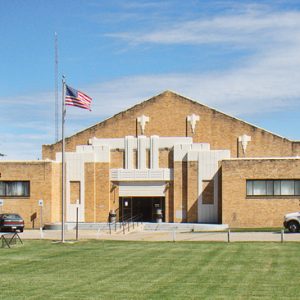 Earl Bell Community Center
Earl Bell Community Center
Bella Vista (Benton County)
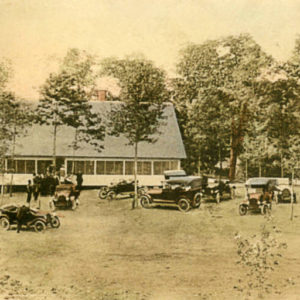 Bella Vista Dining Lodge
Bella Vista Dining Lodge
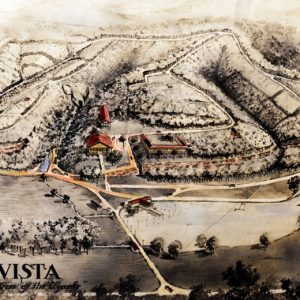 Bella Vista Plan
Bella Vista Plan
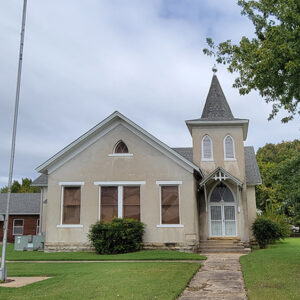 Belle Museum
Belle Museum
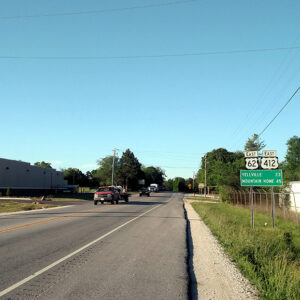 Bellefonte
Bellefonte
Bellefonte (Boone County)
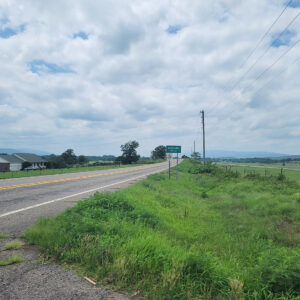 Belleville
Belleville
Belleville (Yell County)
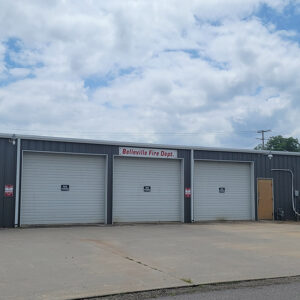 Belleville Fire Department
Belleville Fire Department
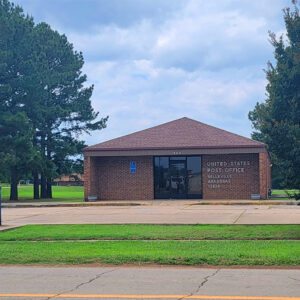 Belleville Post Office
Belleville Post Office
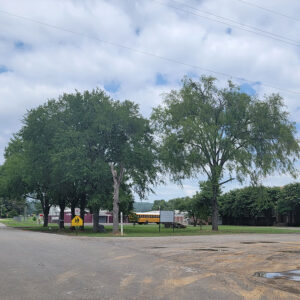 Belleville School
Belleville School
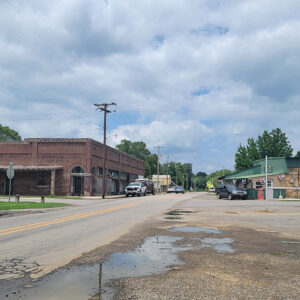 Belleville Street Scene
Belleville Street Scene
Belmont (Pulaski County)
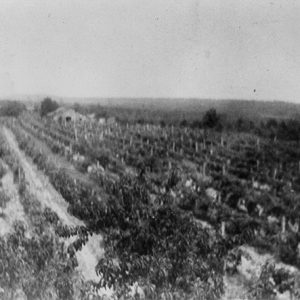 Belotti Vineyards
Belotti Vineyards
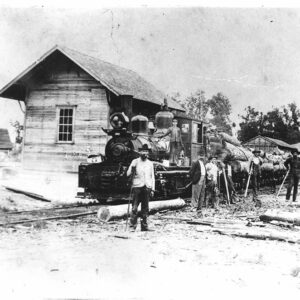 Belton Train
Belton Train
Ben Lomond (Sevier County)
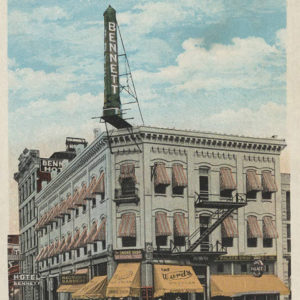 Bennett Hotel
Bennett Hotel
Benton (Saline County)
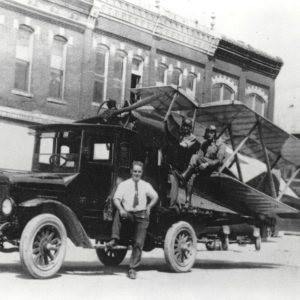 Benton Airplane
Benton Airplane
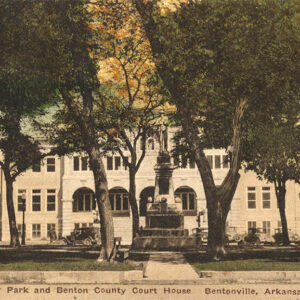 Benton County Courthouse
Benton County Courthouse
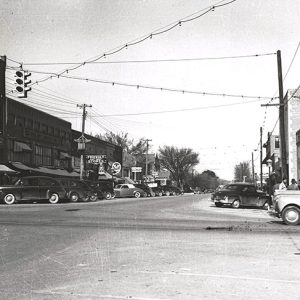 Benton Street Scene
Benton Street Scene
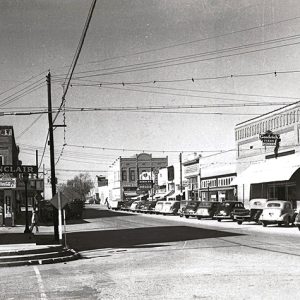 Benton Street Scene
Benton Street Scene
Bentonville (Benton County)
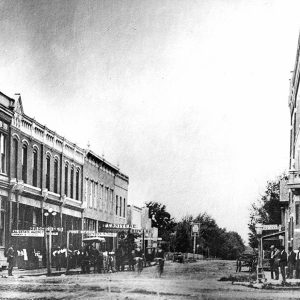 Bentonville Street Scene
Bentonville Street Scene
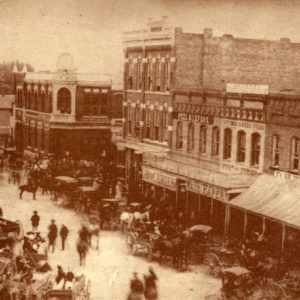 Bentonville Street Scene
Bentonville Street Scene
Bergman (Boone County)
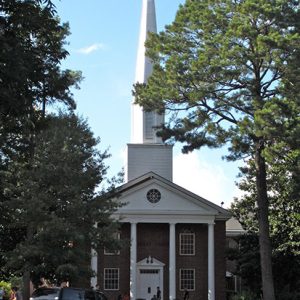 Berry Chapel
Berry Chapel
Berryville (Carroll County)
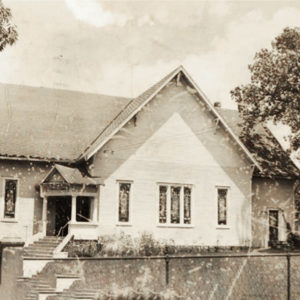 Berryville Church
Berryville Church
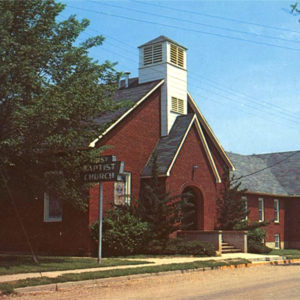 Berryville Church
Berryville Church
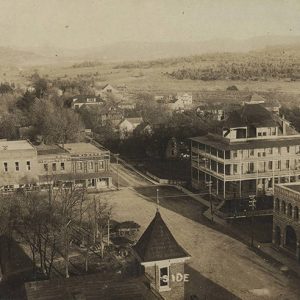 Berryville Street Scene
Berryville Street Scene
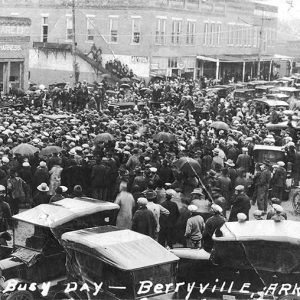 Berryville Street Scene
Berryville Street Scene
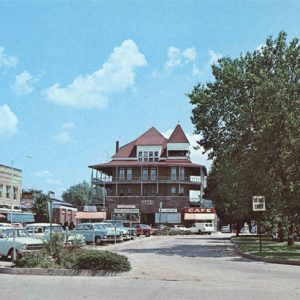 Berryville Street Scene
Berryville Street Scene
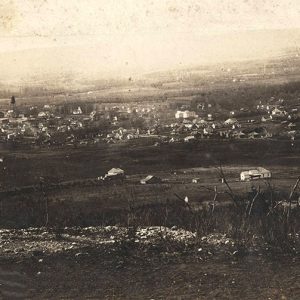 Berryville View
Berryville View
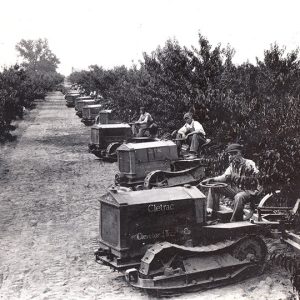 Bert Johnson Orchards
Bert Johnson Orchards
Bertig (Greene County)
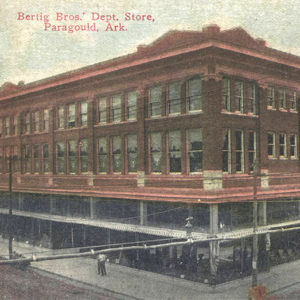 Bertig Bros.
Bertig Bros.
Bethel (Clark County)
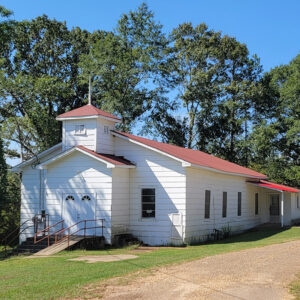 Bethel AME Church
Bethel AME Church
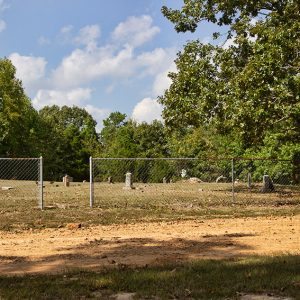 Bethel Cemetery
Bethel Cemetery




